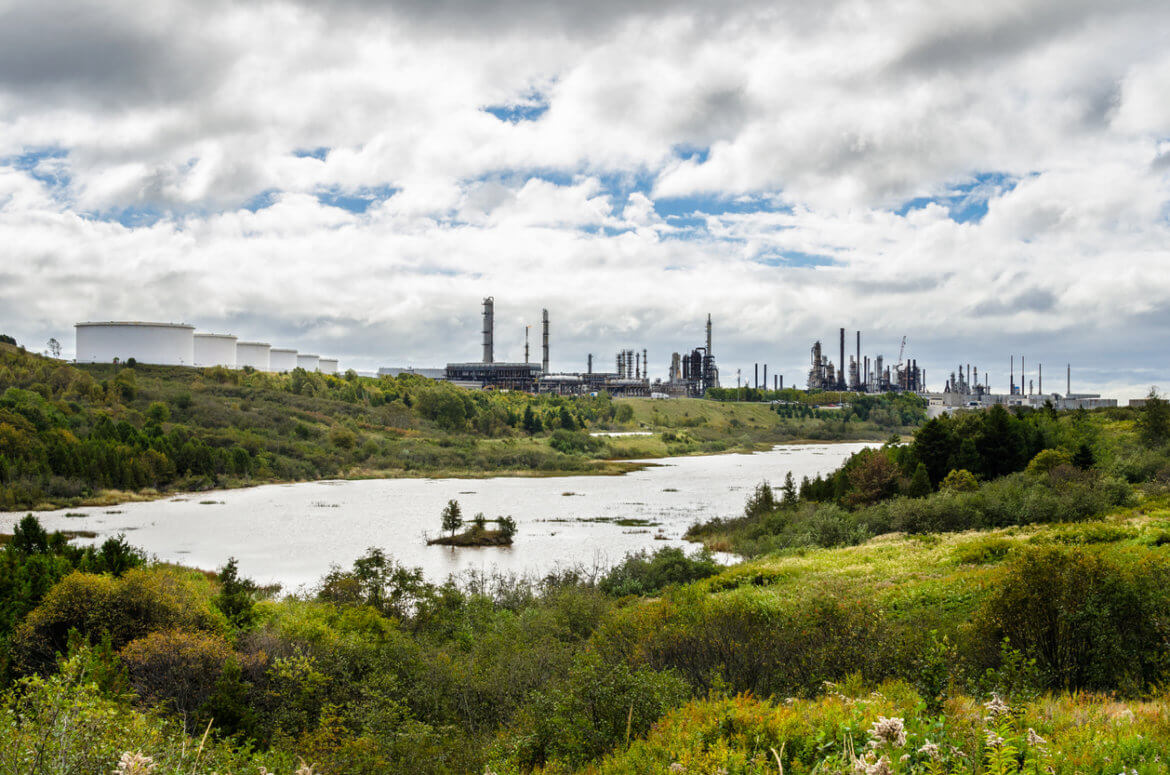Fossil fuel subsidies will likely figure prominently in climate policy debates when Parliament resumes sitting in the new year, with particular focus on how Ottawa will fulfill its recent pledge to end fossil fuel subsidies by 2023, two years earlier than originally promised.
Equally deserving of public attention is the government’s commitment to phase out public financing of fossil fuels. This support, which the government does not consider a subsidy, has led to Canada being singled out on the world stage for being among the biggest boosters of fossil fuels.
At the UN climate conference in November, Canada joined with over thirty countries in committing to eliminate “direct” support for “unabated” fossil fuel energy overseas by the end of 2022. Yet this accounts for only a portion of Canada’s overall fossil finance, much of which flows domestically. The natural resources minister said in November that a timeline for a full phaseout, including domestic finance, would be announced “in the next few months.”
As the government works on this timeline, three facts should be kept in mind.
First, supporting the growth of the oil and gas industry is fundamentally at odds with the goal of limiting global warming to 1.5°C — a level beyond which deadly climate impacts will become far greater, affecting hundreds of millions more people. Experts say that staying within this limit requires that no new oil and gas fields be developed, and that the vast majority of oil sands reserves remain unexploited.
Second, Canada is propping this industry up with more public financing than any other G20 nation. Most of this finance comes from Export Development Canada (EDC), which issued on average $13.6 billion in loans, insurance and other support to the oil and gas industry each year from 2018 to 2020. This includes billions in loans to projects such as the Trans Mountain and Coastal GasLink pipelines.
Third, EDC has no plan to end its support for fossil fuels. It has vowed to reduce some of its support for oil and gas exploration and production. But it remains free to maintain or even increase its support for other types of fossil fuel development — new pipelines or refineries, for instance, which can play a critical role in enabling expanded oil and gas production.
The reality that we need to wind down the oil and gas industry must be faced. Credible climate leadership would require at the very least cutting off the flow of public money that is helping it thrive.
Ottawa should commit to ending all public financial support for fossil fuel development of any kind, in Canada or abroad, and to doing so right way. Anything less would be out of step with the urgency of the climate crisis.
Photo courtesy of iStock



